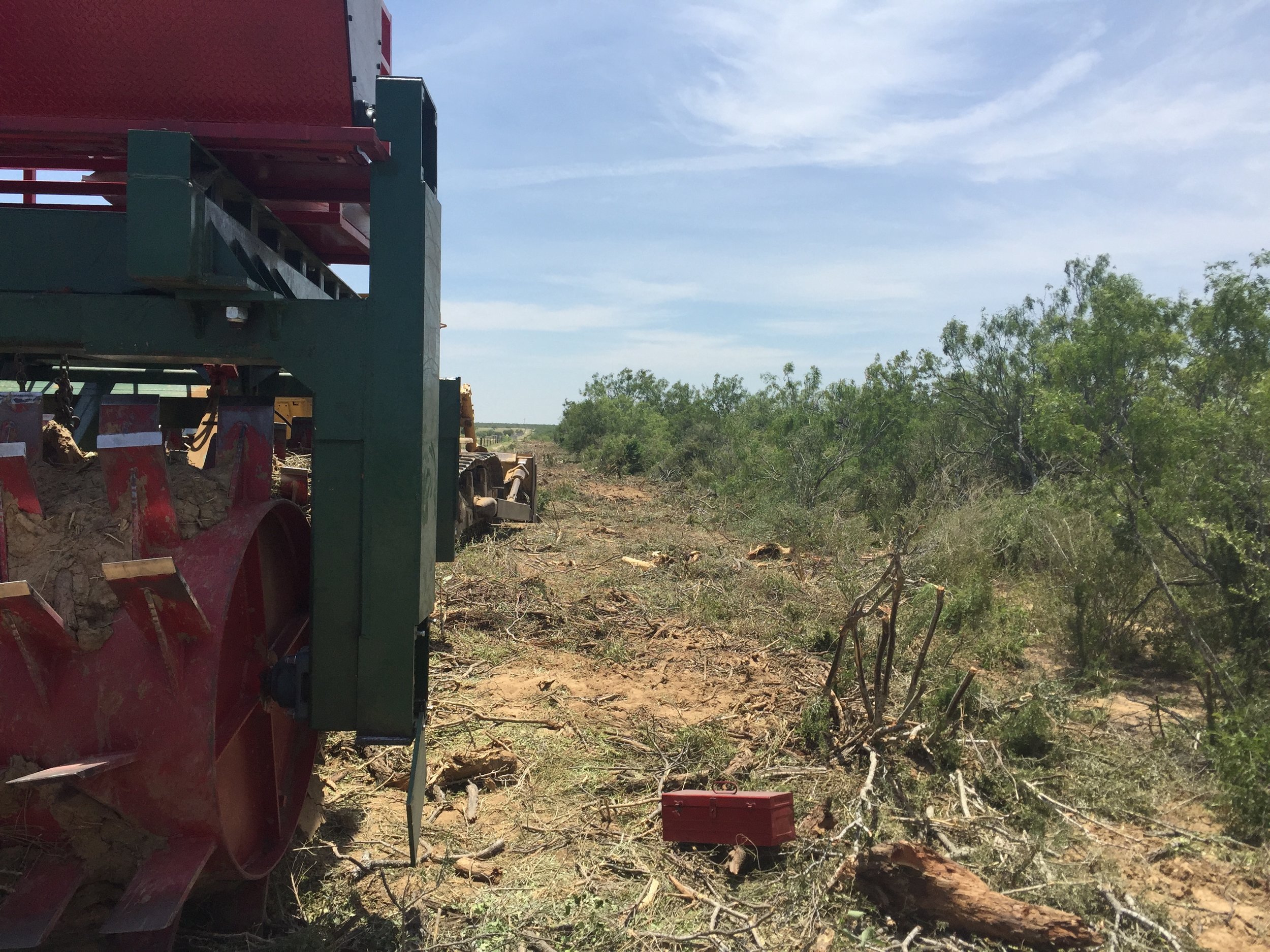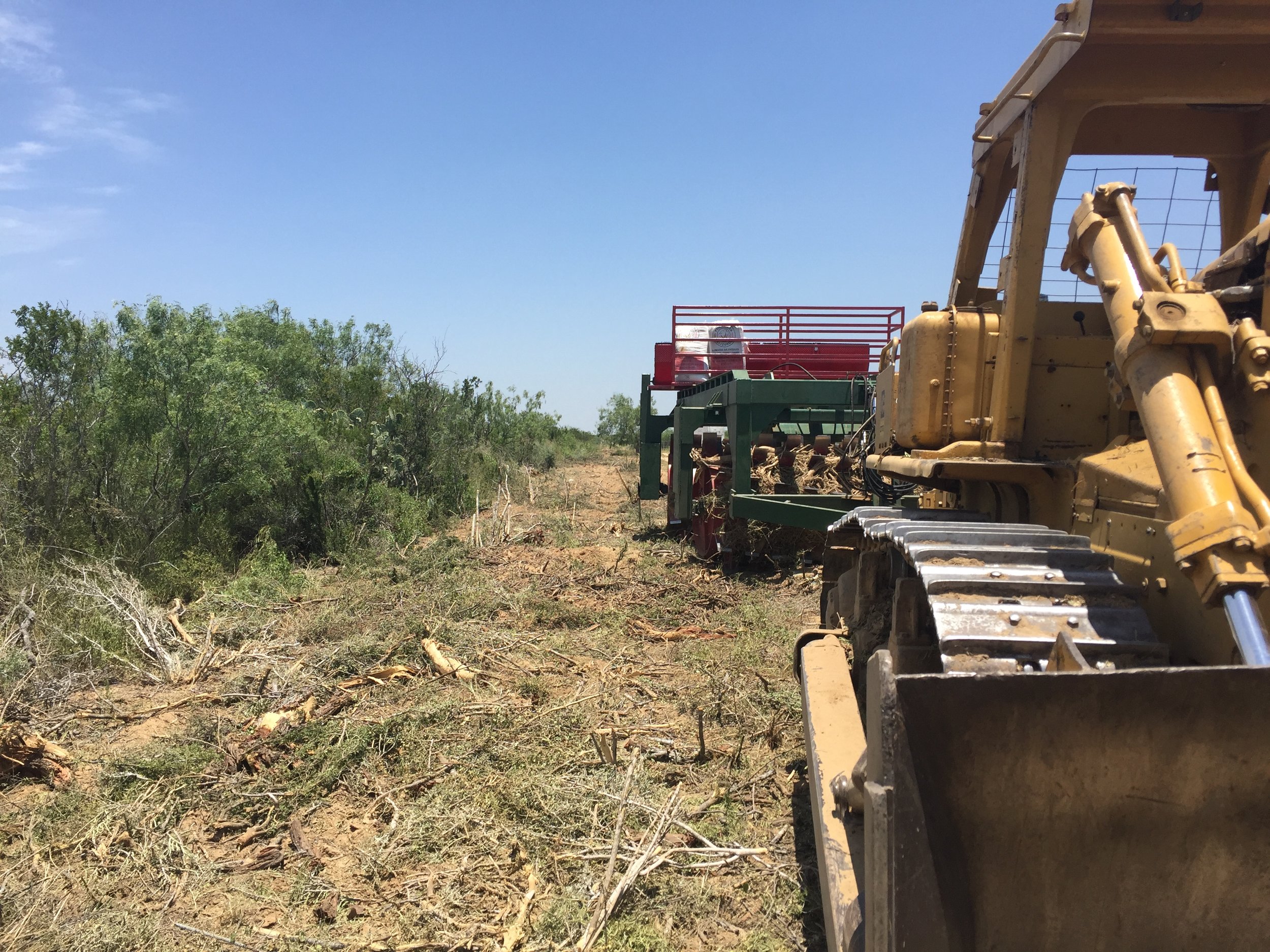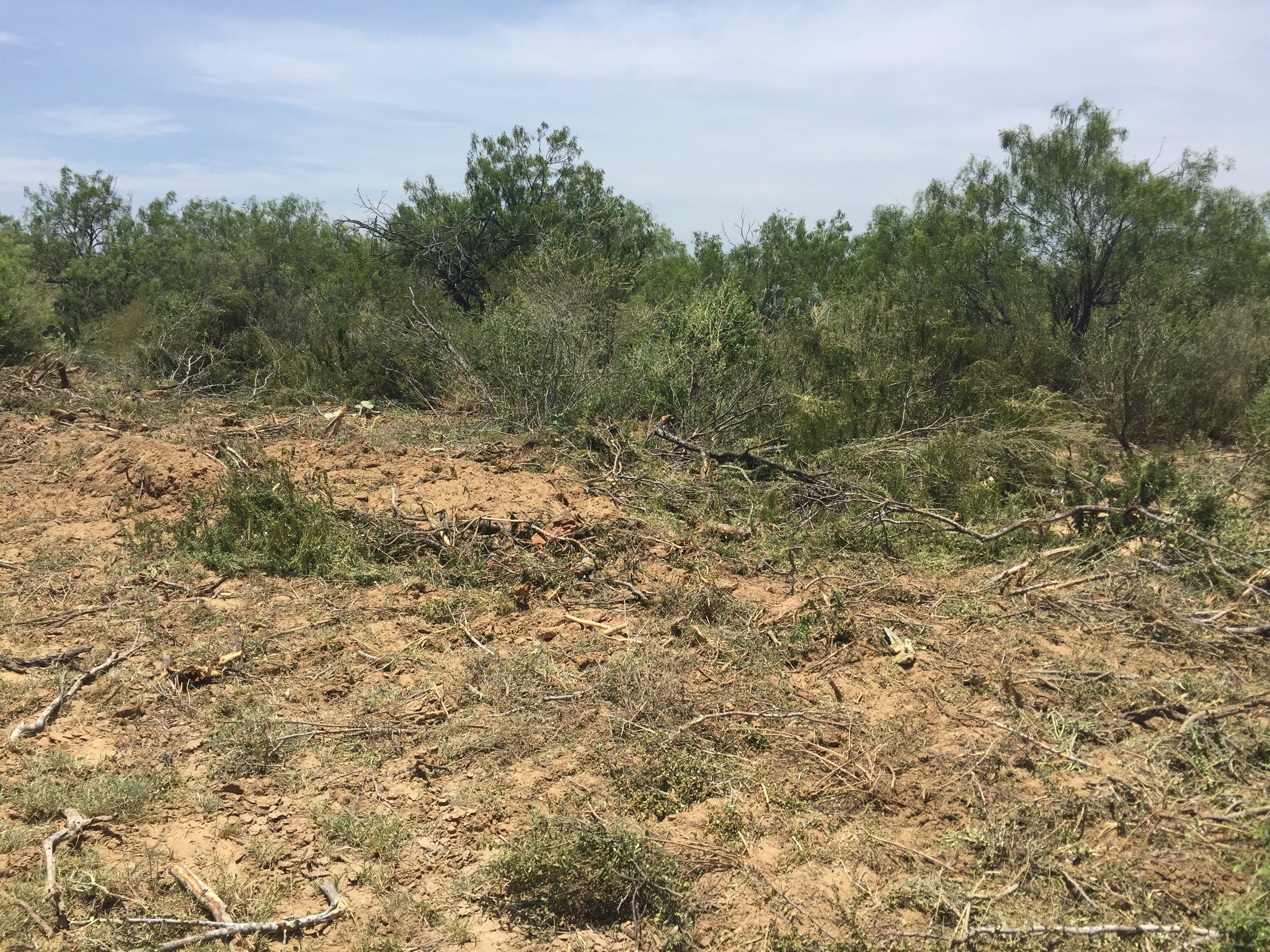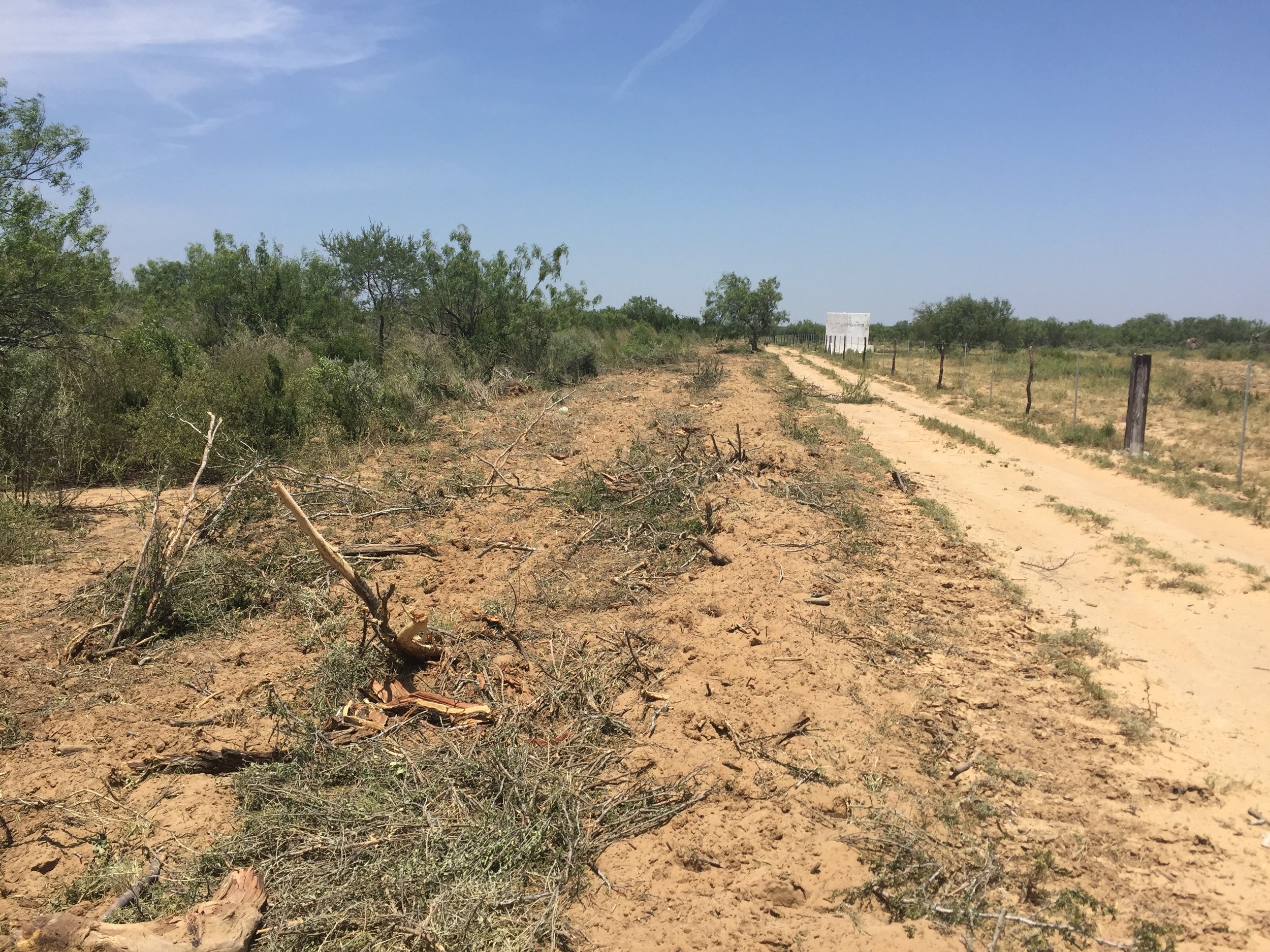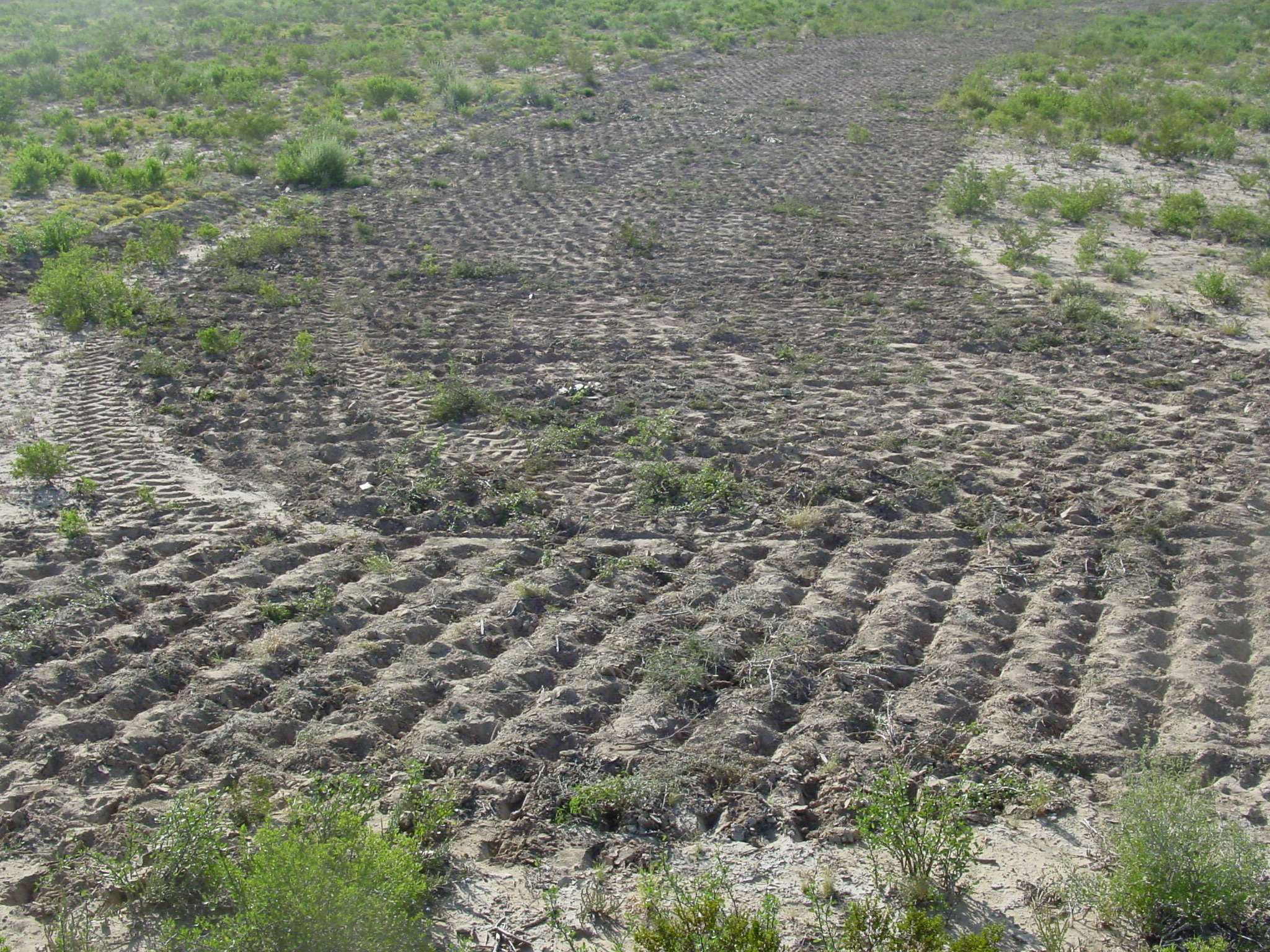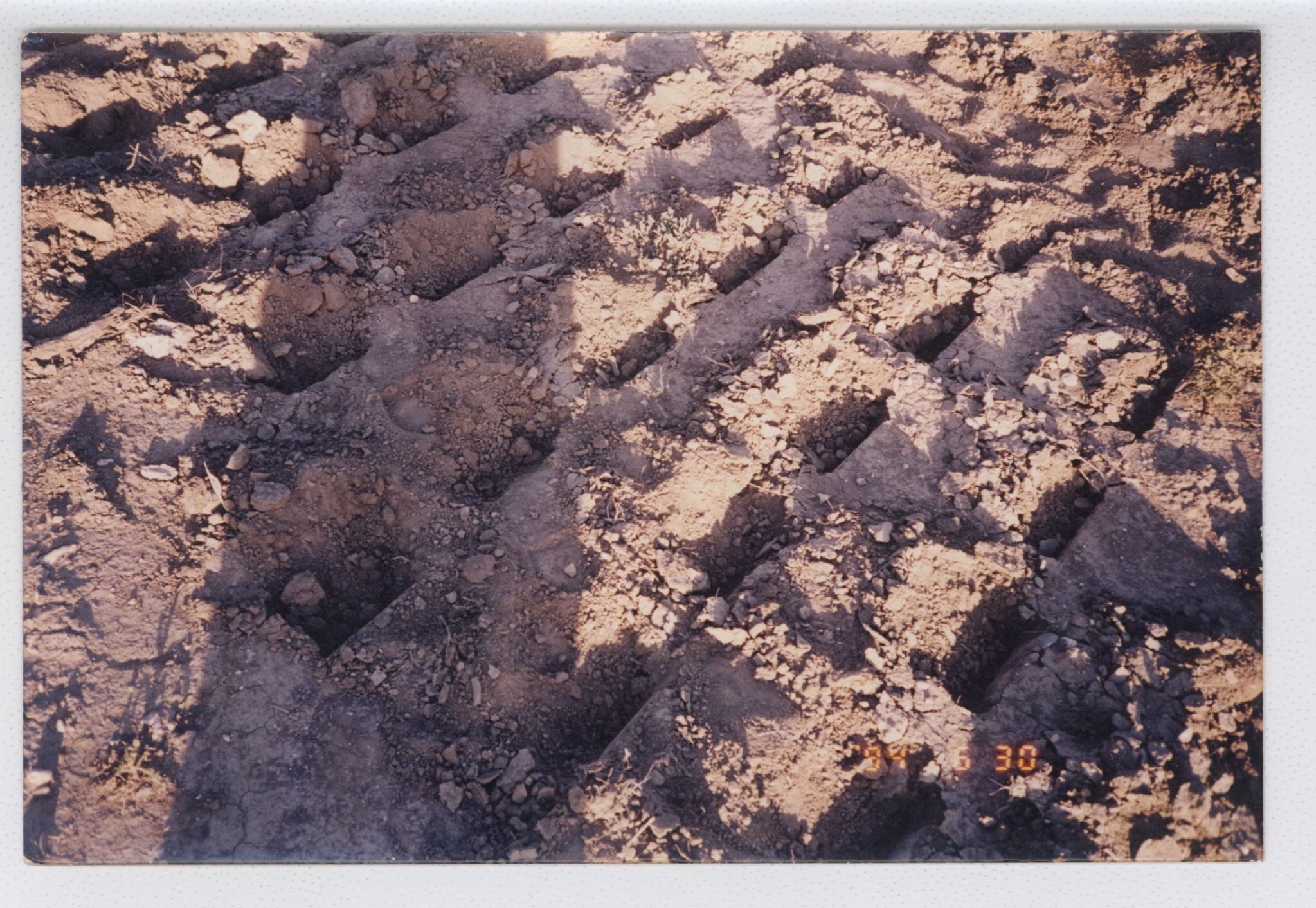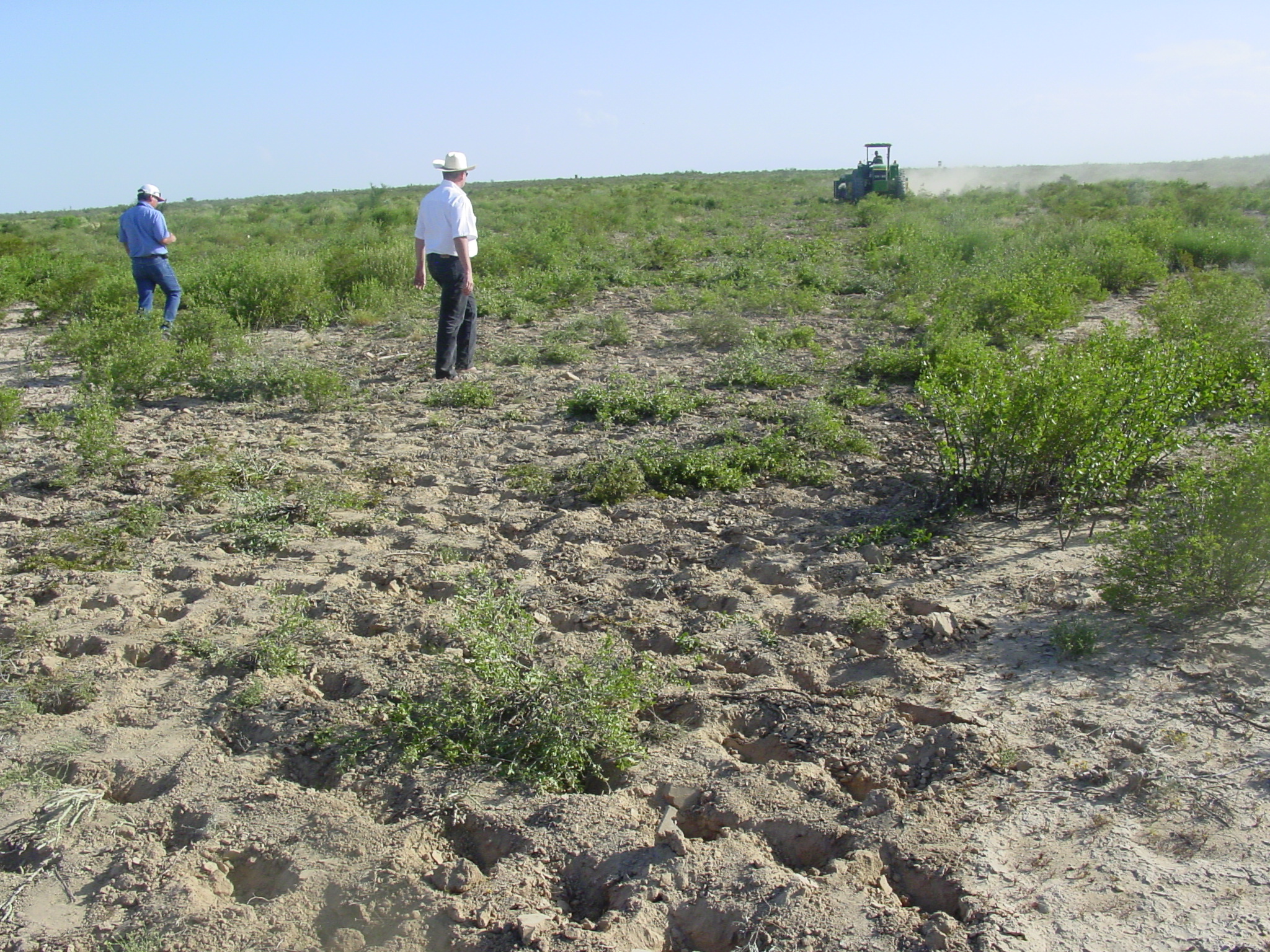What is land renovation and why do I need it?
The main purpose of land renovation is to ensure that it will be as prosperous and healthy as possible. Several factors, including your livestock, equipment, and weather conditions, can hinder your ability to have a healthy soil bed. This is cause for several problems as this is where all the vegetation is created to give your land life.
The land renovator is designed to aerate, de-compact, create seed beds and control brush and weeds. This will allow the soil to have better air flow, a soft soil structure good for water retention and root development and will provide the proper conditions for the seeds to germinate. The Roller Chopper unit works to help maintain control of invasive species by keeping your land clear of cover that would otherwise allow them to make a home.
Soil compaction is one of the main reasons for loss of crops, grazing grass, hay, or foliage in general. When soil becomes compacted it creates something called “Dry Pan“, which is a hard rock-like layer under the top soil that inhibits water saturation and stops the roots from receiving nutrients, water and oxygen. “Dry Pan” also creates a barrier that stops seeds from being able to root down far enough to become an established root, causing them to not grow at all or to die quickly. Roller Chopper helps crack the “Dry Pan” allowing water, organic matter, and air to penetrate deeper, creating more stable and healthy seed beds for your crops.
Non- Compacted Soil vs. Compacted Soil. “Dry Pan”
Compacted soil restricts the growth of the roots resulting in less hearty, smaller crops.
What happens to land that is not renovated?
1. Loss of water retention (measurable): Loss of water retention can be dependent on many factors. Factors such as soil compaction, plant density, soil type, rain intensity and inclination of ground can cause a loss of 10-80% of the rain water that we receive. This is not including water loss from non-forage plants, such as cacti, mesquite trees and black brush. For every inch of water lost by run off, a little over 66,000 gallons of water is lost for every two acres of land. A forage plant requires 95 gallons of water to produce 2 pounds of dry matter, causing a loss of 1,543 pounds of forage for every 2 acres of land.
2. Soil compaction (non-measurable): Compacted soil hinders the root development of plants by not allowing the seeds to germinate properly, drastically affecting the size of the plants. When the root cannot grow to the proper depth, the plant is not sturdy enough to grow to maturity and may not produce crops at all leading to a less productive crop season
3. Brush, shrubs or weeds take over (non-measurable): A high density of brush, shrubs and weeds can stop the full exploitation of your ranch or farm. These plants consume water meant for forage plants and can drop shadows that hinder the growth of plants and crops. In the most extreme cases, this overgrowth of brush, shrubs and weeds can make it difficult to locate livestock.
4. Invasive species can take over: If you have been in the business of ranching or farming long, you know how detrimental invasive species can be to your land and livestock. Wild animals, such as hogs, can take over your property and leave it completely destroyed by bedding down and creating homes in the overgrown brush or shrubs. Smaller animals can burrow down and leave big holes in your pasture creating a danger to your livestock.
Gallery
Your Roller Chopper unit is waiting.
Check out the units we have available today!!




